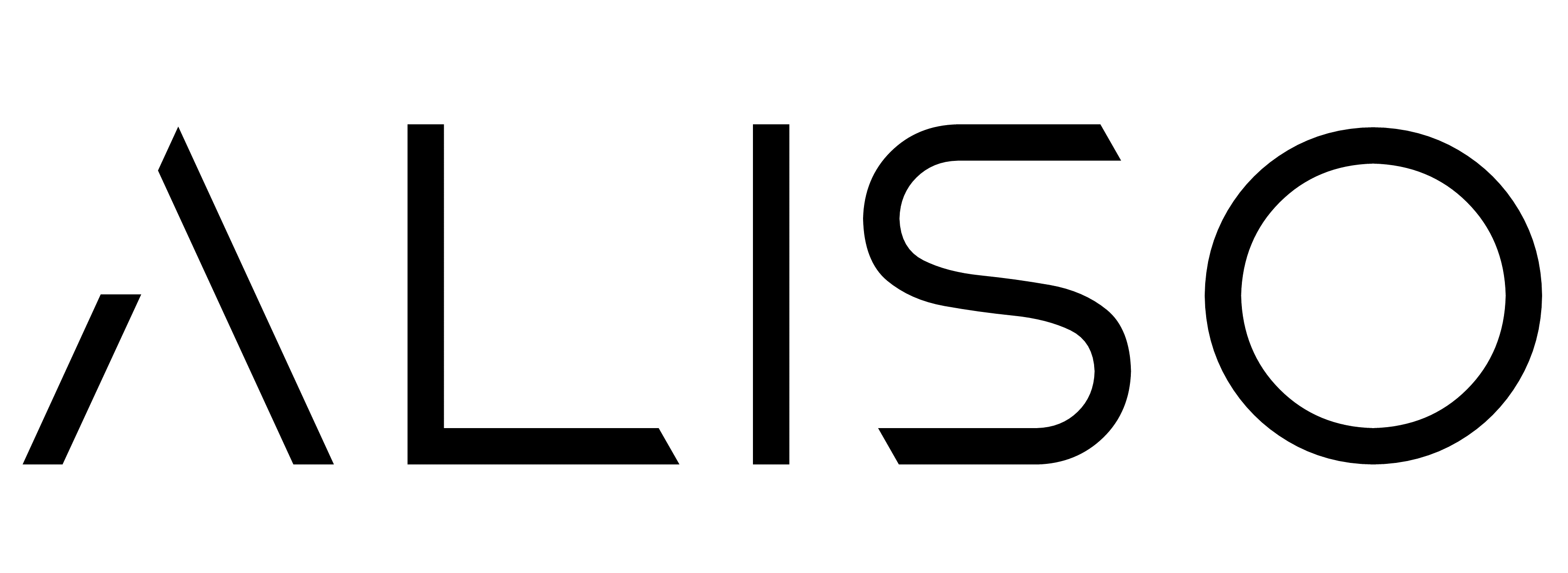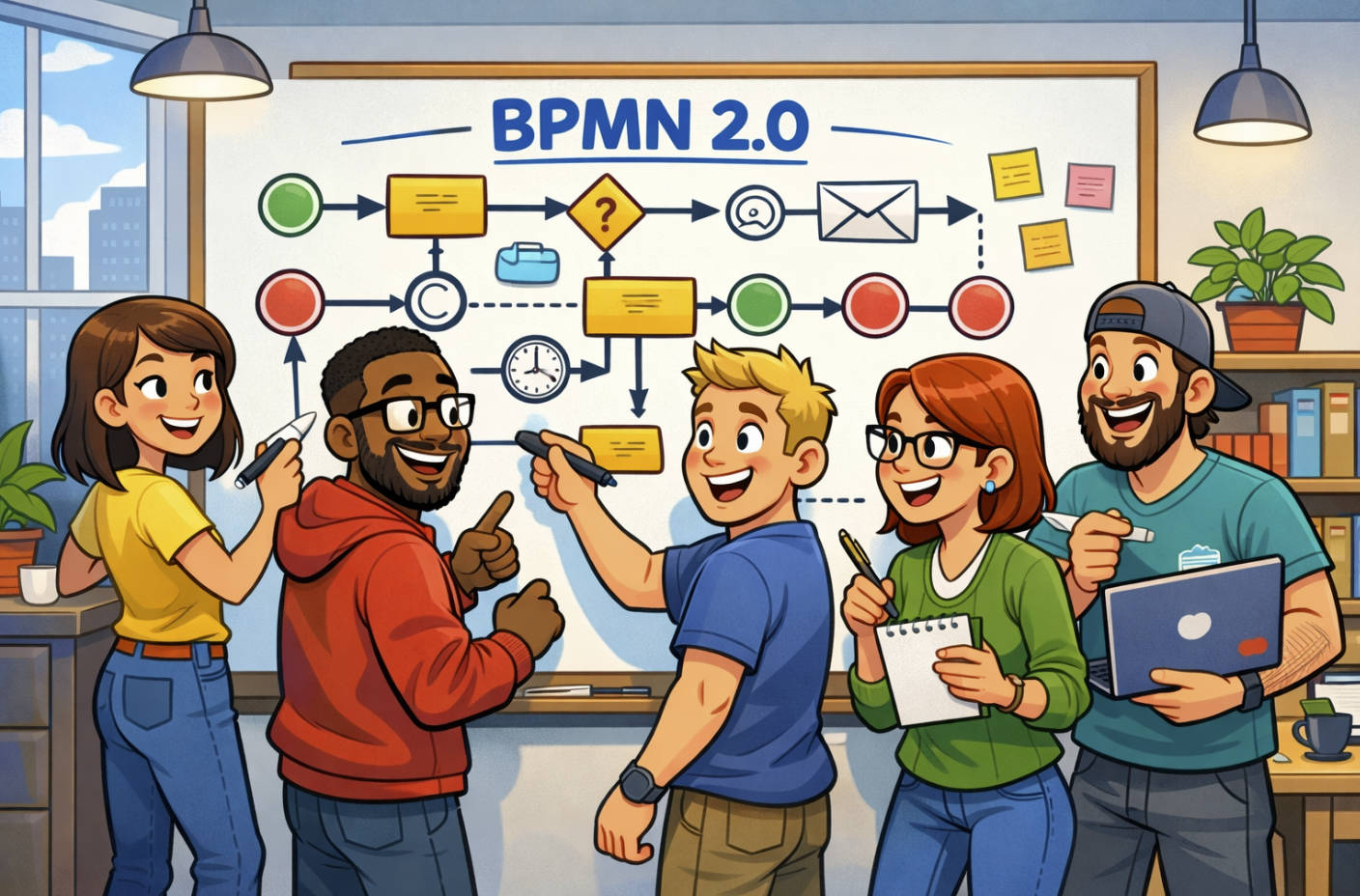Nearly 20 years ago, one of my greatest mentors—a lecturer at Victoria University—taught me a lesson that would shape my entire career:
“IT documentation is one of the most important skills you’ll ever learn in your career.” 💡
At the time, I didn’t fully understand the weight of those words.
In every group assignment, I was the one stuck with documentation—while my peers handled what seemed like the “exciting” work.
I never thought that this “boring” task would turn out to be one of the most valuable skills I’d ever learn.
But looking back now, I realise how that lesson shaped my entire career.
📈 Nearly Two Decades of Writing Process Documentation
Fast forward almost 20 years:
I’ve been writing process documentation for nearly 18 of them.
And I can say, without a doubt:
It’s one of the greatest skills anyone can have. 💯
🚀 Why IT Documentation Is So Important in Digital Transformation
Over the years, I’ve worked on countless digital transformation and IT projects.
And here’s what I’ve learned:
Everyone on a project relies on documentation.
👨💻 Business Analysts use documentation daily for requirements gathering and reporting.
🛠️ Developers rely on it to understand workflows, technical specs, and system integrations.
📊 Project Managers use it to track progress, manage scope, and align teams.
📈 Stakeholders depend on clear documentation to understand project outcomes and impacts.
Without proper documentation, projects become chaotic.
Teams get confused.
Errors multiply.
And deadlines slip.
💻 The Tools Have Changed, but the Skill Is Timeless
When I started my career, we used tools like Word, Excel, and Visio to document processes and workflows.
Today, the tools have evolved:
💻 Office 365 for real-time collaboration on documentation.
📊 Project Management Platforms like Jira, Confluence, and Notion for tracking progress and processes.
📈 AI and Automation Tools to generate reports and insights faster than ever.
But no matter how advanced the tools become, the skill of writing clear, structured, and useful documentation is just as critical—especially in remote and hybrid work environments.
Because tools come and go.
But the ability to capture knowledge, processes, and decisions in a way that others can understand and use?
That skill never becomes obsolete.
💡 Why Documentation Is a Superpower in Your Career
Here’s the truth:
Great documentation isn’t about writing—it’s about clarity.
When you know how to document well, you’re not just “writing things down”—you’re:
✅ Making complex processes simple and easy to follow.
✅ Creating a shared understanding across teams.
✅ Reducing errors and saving time.
✅ Protecting business knowledge from being lost.
✅ Empowering others to work independently without guesswork.
In every role, in every project, and with every tool—good documentation is a superpower that sets you apart.
✨ My Advice: Learn to Document Well—It Will Serve You for Life
If there’s one piece of advice I’d share with anyone starting their career—or even seasoned professionals—it’s this:
Learn to document well. ✨
Why?
Because good documentation isn’t just for IT projects.
It helps you in every industry and every role, from marketing campaigns to operational procedures to client onboarding.
📞 How Aliso Digital Can Help
At Aliso Digital, we help businesses capture their knowledge and processes with clear, actionable documentation.
From process mapping to SOP creation, we help teams document better—so they can work smarter.
👉 Visit Aliso Digital to start documenting your processes today.






